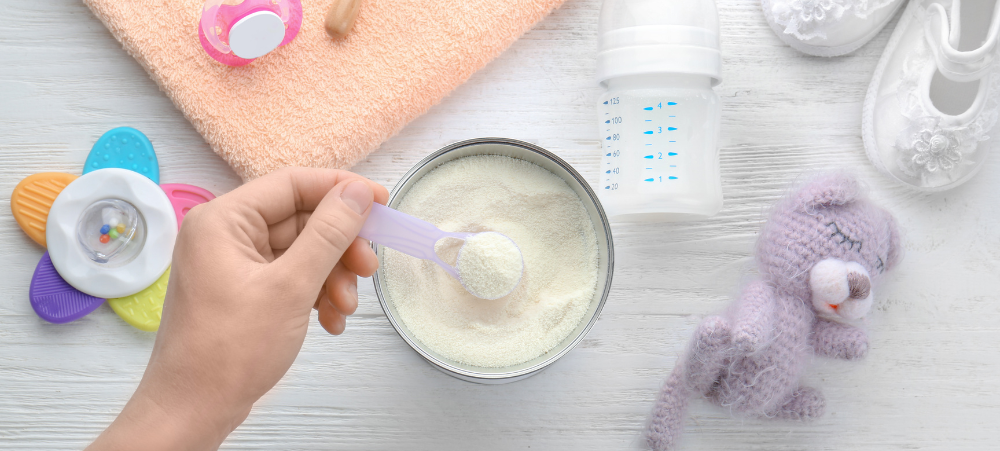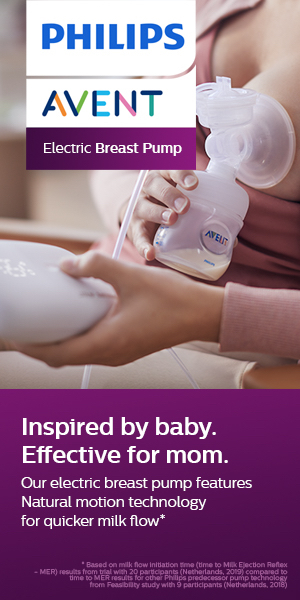
How I breastfed My Twins
Our twins were in the NNICU when they were born because they needed to develop the sucking reflex which comes in after 36 weeks. They were a bit small and were tube fed until they gained a bit of weight. I expressed milk for them into bottles which the nurses fed to them via the tube. They soon put on weight and developed a bit so that I could breast feed them. There are a few different positions you can use but the most comfortable one for me was the “rugby hold”. One baby under each arm with a pillow under them to raise their heads a bit. The babies lie on their side facing you. I would attach one baby and then the other. I found the best place to feed them was on the bed. It gives you the space to handle them and is more comfortable for you too. Deciding which baby got which breast was easy enough as the one baby preferred the left, so I left it like that. Baby A got the left and baby B got the right. The more I tried to make one baby feed on the other side the more stressed out we all got. They say you could get lopsided breasts as one baby might feed more than the other , but that didn’t happen with us. I fed on demand and they were happy enough. I did have to eventually stop breast feeding because they were both reflux babies and they had to have formula to help with that. Finding a comfortable feeding cushion will help but there are not many twin feeding cushions in SA. Make sure you are comfortable, there is nothing worse than when you have successfully attached both babies and now you have to move because you are uncomfortable. Turn off your phone and try relax. Feeding your babies is all you need to worry about. Stress will affect your milk supply. Have a glass of water within arm’s reach in case you get thirsty. They say when you feel thirsty you are already dehydrated. Make sure you look after yourself. There are different products on the market but I used the Schlein Blackberry Elixer. It tasted good and it helps with milk too. As soon as your babies are born , and you are able , start pumping. It will help your body start producing milk and keep the supply up. Even if your babies are in NICU , you can still feed them your milk and it will go a long way to give your babies that boost. You can get great double pumps that will save you time and a lot of effort. Ask for help when you are in the hospital. If you battle to latch them at first, don’t give up. It may take a few feeds before you all know what you are doing. Both you and the babies are learning what suits you best. The nurses in the hospital should be able to give you contact details for a lactation specialist near you. My number one tip and something I try to always do is LISTEN TO YOUR GUT!! No one will know your babies as well as you do. Being a mother of multiples is not easy. Don’t sweat the small stuff and do what suits you. It doesn’t matter what your friend, auntie, neighbour says . Take the info you want and ditch the rest. If you need any advice or support SAMBA- The South African Multiple Birth Association is a great place to get much needed advice, support and to meet other families with multiples. SAMBA does a fantastic expectant parent seminar, you can check on the next date on their website. Well done and enjoy this amazing journey with your multiples.






